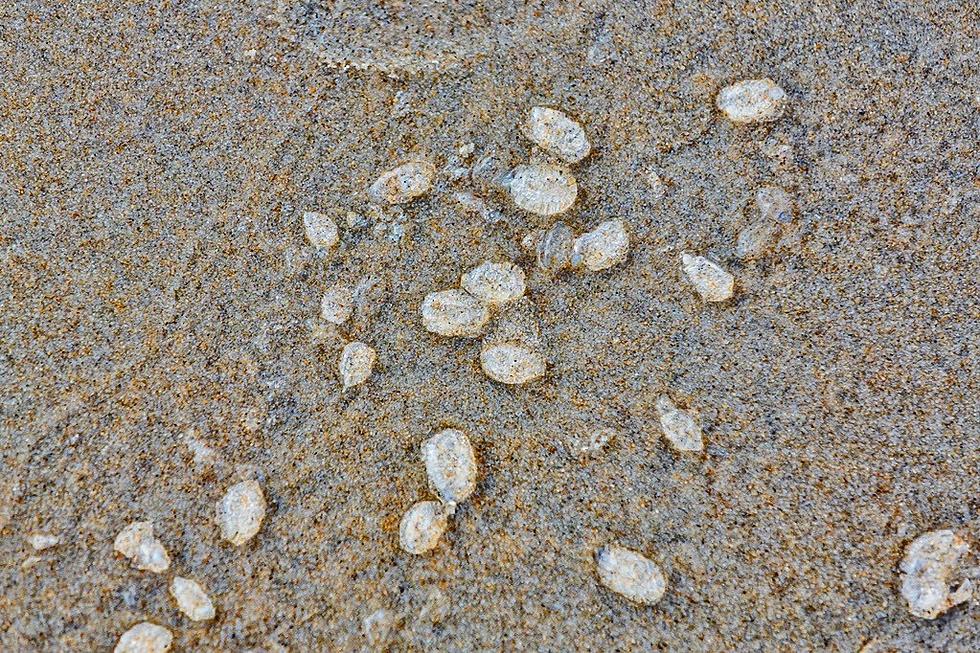
Rip Currents: What to Do if You Get Caught in One
Important info to share with your kids, family, and friends -- straight from the experts.
"Break the Grip of the Rip" is the info that everyone at the Jersey Shore should know in order to stay alive when swimming in the ocean.
FIRST OF ALL, KNOW THESE THINGS:
-- Learn how to swim!
-- Never swim without a lifeguard!
-- Never swim alone!
-- When in doubt, don't go out!
To stay safe from DEATH in our ocean, here's what you need to do if you get caught in a rip current:
-- Try to remain calm. Yell for help or wave your arms to signal for help, then float on your back or tread water until help arrives. You CANNOT outswim a rip current. It will exhaust you and you will go under.
-- Don't panic if you can't swim out of the current and to shore. If you start to get pulled out to sea you will actually be safer once you are out of the grip of the rip. Float on your back so you won't wear yourself out and can stay calm until help arrives.
Make sure you heed all warnings from and listen to your lifeguards. That's what they're there for. It is also helpful to have your kids swim with a floatation device if your beach permits it.
So...just what are rip currents? They are powerful currents of water moving rapidly out to sea. They result from the interaction of waves, currents, the shoreline, and surf conditions.
Rip currents can be long-term in many spots, or they can just pop up. They are rarely stationary, but permanent ones can form along jetties and piers perpendicular to the shoreline.
Also remember that early in the swimming season, our beaches are in rebuilding mode. This is a natural cycle. Beaches erode and sand bars form during the winter, but they move onshore in the spring. Beachgoers must be especially cautious when entering the ocean early in the season since sand bars increase the likelihood of rip currents. The rip current risk is especially high near gaps in the sandbars and adjacent to any coastal structures.
Your lifeguard can usually provide ample warning of the presence of rip currents, but, just in case, keep an eye out for churning or foamy water or breaks in the wave patterns.
Remember: Fatigue is your worst enemy in a rip current and even the strongest swimmer cannot 'out-swim' a rip current.
For more info, CLICK HERE.
More From 94.3 The Point









